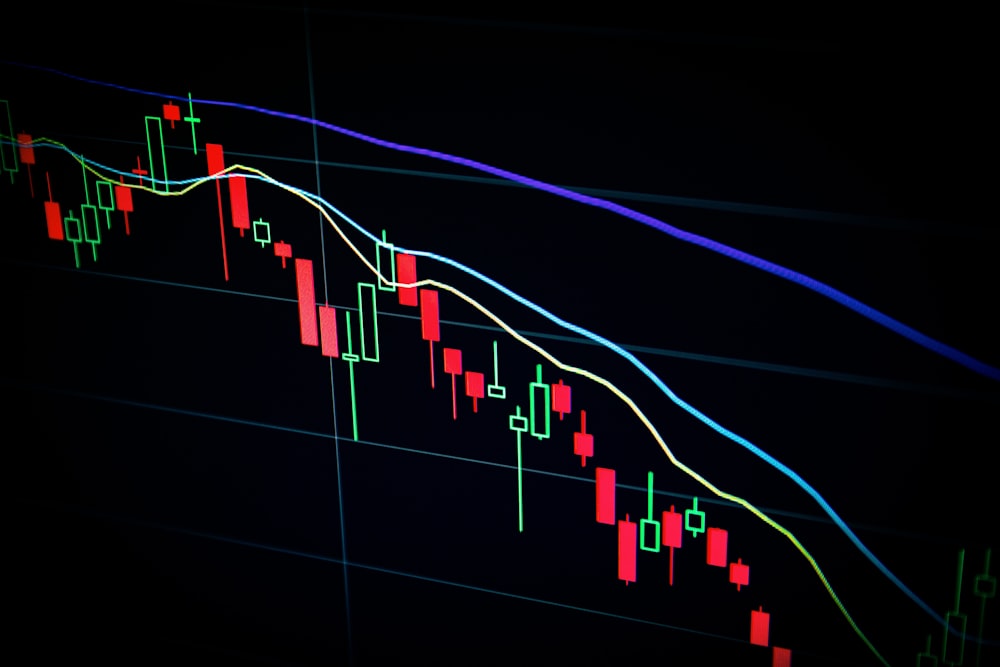📚 Table of Contents
- ✅ What Are Index Funds and ETFs?
- ✅ Key Differences Between Index Funds and ETFs
- ✅ Cost Comparison: Fees and Expenses
- ✅ Liquidity and Trading Flexibility
- ✅ Tax Efficiency and Implications
- ✅ Performance Analysis Over Time
- ✅ How to Choose the Right Investment for You
- ✅ Future Trends in Index Funds and ETFs (2026 Outlook)
- ✅ Conclusion
What Are Index Funds and ETFs?
Investing in the stock market can be overwhelming, especially when deciding between index funds and exchange-traded funds (ETFs). Both are popular passive investment vehicles, but they operate differently. Index funds are mutual funds designed to track a specific market index, such as the S&P 500, and are priced once at the end of the trading day. ETFs, on the other hand, trade like stocks throughout the day, offering intraday liquidity. Understanding the nuances between these two can help investors make informed decisions based on their financial goals.
Key Differences Between Index Funds and ETFs
While index funds and ETFs both aim to replicate market indices, their structures differ significantly. Index funds are bought and sold at the net asset value (NAV) at market close, whereas ETFs fluctuate in price throughout the trading day. Additionally, ETFs often have lower expense ratios due to their passive management style, but some index funds may offer lower minimum investment requirements. Another key difference is tax efficiency—ETFs typically generate fewer capital gains distributions due to their unique creation and redemption process.
Cost Comparison: Fees and Expenses
Cost is a critical factor when choosing between index funds and ETFs. While both are generally low-cost compared to actively managed funds, ETFs often have a slight edge due to lower expense ratios. For example, the Vanguard S&P 500 ETF (VOO) has an expense ratio of 0.03%, while its index fund counterpart (VFIAX) charges 0.04%. However, some brokerages offer commission-free trading for certain ETFs, whereas index funds may have transaction fees if purchased outside their fund family. Investors should also consider bid-ask spreads and potential premium/discounts when trading ETFs.
Liquidity and Trading Flexibility
ETFs provide greater trading flexibility since they can be bought and sold at any time during market hours, just like individual stocks. This makes them ideal for investors who want to execute strategies like limit orders, stop-loss orders, or short selling. Index funds, however, only transact once per day after market close, which can be a disadvantage for those needing immediate liquidity. That said, index funds may be better suited for long-term investors who prefer a “set it and forget it” approach without worrying about intraday price fluctuations.
Tax Efficiency and Implications
Tax efficiency is another area where ETFs often outperform index funds. Due to the “in-kind” creation and redemption mechanism, ETFs can minimize capital gains distributions, making them more tax-efficient in taxable accounts. Index funds, by contrast, may distribute capital gains to shareholders when the fund manager sells securities to meet redemptions. However, in tax-advantaged accounts like IRAs or 401(k)s, this difference becomes negligible since taxes are deferred until withdrawal.
Performance Analysis Over Time
Historically, both index funds and ETFs have delivered similar returns when tracking the same index. For instance, the performance gap between the SPDR S&P 500 ETF (SPY) and the Fidelity 500 Index Fund (FXAIX) is minimal over long periods. However, slight variations can occur due to tracking error, expense ratios, and dividend reinvestment timing. Investors should review historical performance data and tracking accuracy before committing to either option.
How to Choose the Right Investment for You
Selecting between index funds and ETFs depends on individual investment goals, trading preferences, and tax considerations. If you prioritize low costs, intraday trading, and tax efficiency, ETFs may be the better choice. Conversely, if you prefer automated investing, fractional shares, and a hands-off approach, index funds could be more suitable. Many investors opt for a combination of both to balance flexibility and simplicity.
Future Trends in Index Funds and ETFs (2026 Outlook)
By 2026, the landscape of index funds and ETFs is expected to evolve further. The rise of thematic ETFs, ESG (environmental, social, and governance) investing, and actively managed ETFs will likely continue gaining traction. Additionally, advancements in fractional share investing and zero-commission trading platforms will make both options more accessible to retail investors. Regulatory changes and technological innovations may also introduce new efficiencies in fund management and trading.
Conclusion
Both index funds and ETFs offer distinct advantages depending on an investor’s strategy and preferences. While ETFs excel in liquidity and tax efficiency, index funds provide simplicity and ease of use for long-term investors. By understanding the differences and aligning them with personal financial goals, investors can make informed decisions that optimize returns and minimize costs in 2026 and beyond.


Leave a Reply